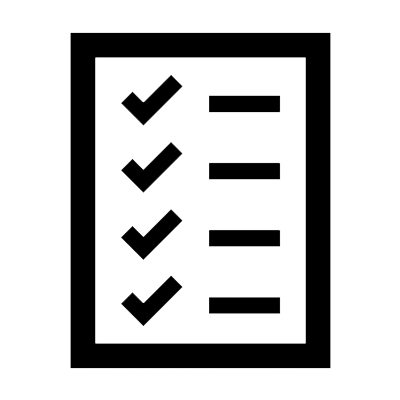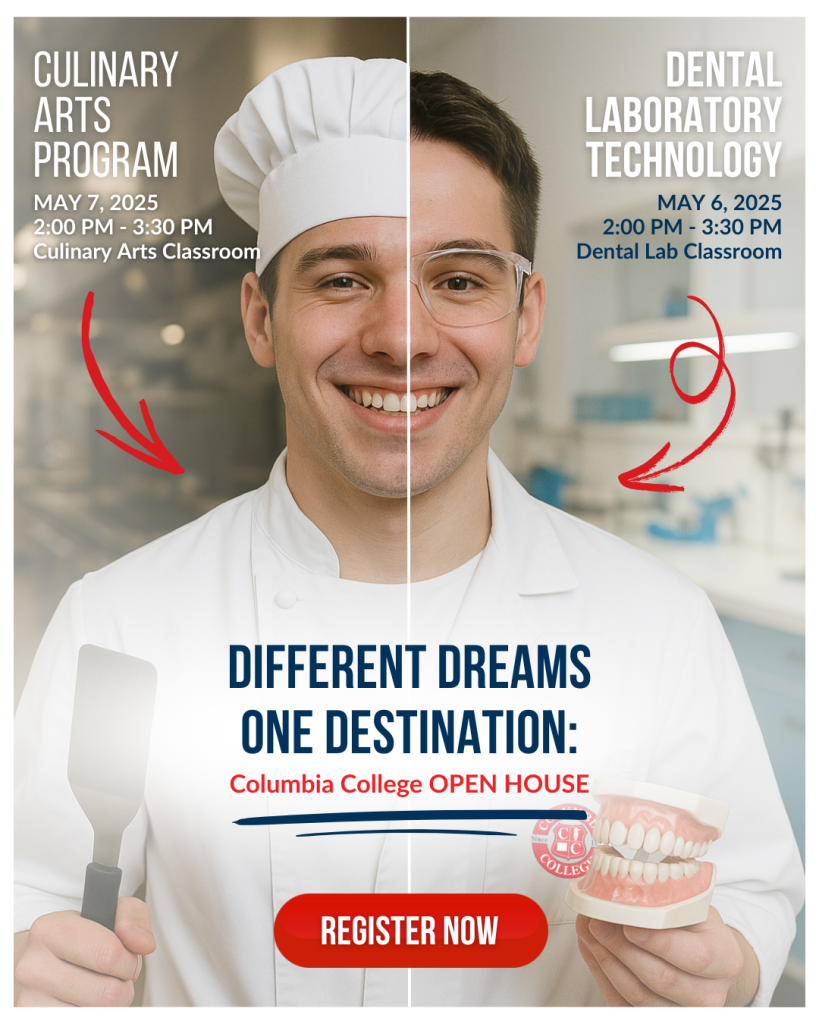Academic FreedomIn order to create an atmosphere most conducive to excellent teaching, Columbia College has adopted the following policy for academic freedom: Academic freedom encourages the flow of ideas with the recognition that the freedom to teach and the freedom to learn carry both rights and responsibilities within the framework of the law and Columbia College’s curricular objectives. The instructors, staff, and students of Columbia College shall be free from censorship and interference when speaking or writing. However, the authoritative position of instructors entails particular obligations. Instructors and staff, as representatives of Columbia College, are expected to be accurate, objective, and to exercise appropriate judgment and restraint, to encourage a spirit of respect for the opinion and culture of others, and to ensure the relevancy of subject matter in their respective subjects |
Academic Term and Class HoursColumbia College operates on a session system. The academic year is divided into five 10-week sessions. Each 10-week session has an A and B schedule. Schedule ‘A’ meets for ten weeks and Schedule ‘B’ meets the last five weeks of the session. Columbia College conducts classes during days, evenings and weekends. Day classes begin at 8:30 or 9:00 am, depending on the program. Evening classes begin at 5:30 or 6:00 pm, depending on the program, and can run until 10 pm or earlier. Columbia College’s certificate programs operate on a clock hour system. Students must complete the full amount of clock hours assigned for each program they must consult with their professors about their absentee policies, since absentee policies also vary according to program. |
Faculty ResponsibilityColumbia College requires faculty participation in curriculum development, academic planning, and the enforcement of academic quality to ensure our high-standards are continuously met. The faculty has the responsibility to set, supervise, and enforce standards of academic quality that are necessary for maintaining the integrity of a Columbia College degree or certification. The faculty and the administration shall have collective responsibility for academic planning and for carrying out the mission of the institution. |
Plagiarism PolicyThe Columbia College Academic Integrity Policy (AIP) covers all academic misconduct, but three common violations are cheating, plagaiarism, and facilitating violations of academic dishonesty. Click here to see Columbia College AIP CHEATING: “Misrepresenting or providing false information in any matter of academic achievement or work is cheating. Examples of cheating include:
PLAGARISM: Plagiarism is intellectual theft: the plagiarist presents work done by others as his or her own, in writing or orally. Plagiarism is the failure to properly and appropriately reference and acknowledge the ideas and words of others. This includes website material used in written, oral, or multi-media presentations. Examples of plagiarism include: Using direct quotation without the quotation marks or citation
FACILITATING VIOLATIONS OF ACADEMIC INTEGRITY: Any act which facilitates or encourages violations of academic integrity by another person is itself a violation of academic integrity. Examples of facilitating violations of academic integrity include:
|
Professional Licensure and CertificationSARA has no effect on state professional licensing requirements. Any institution approved to participate in SARA that offers courses or programs designed to lead to professional licensure or certification or advertised as leading to licensure must satisfy all federal requirements for disclosures regarding such professional licensure programs under 34 §C.F.R. 668.43. As an institution approved to participate in SARA, the two programs (only) that are designed to lead to professional licensure or certification are Massage Therapy and Cosmetology (other programs are non-applicable). |
Professional Licensure DisclosureIn compliance with the U.S. Department of Education and the Middle States Commission on Higher Education for participation in the National Council for State Authorization Reciprocity Agreement (NC-SARA), Columbia College provides information pertaining to professional licensure and certification. The following is recommended BEFORE beginning a program if considering Columbia College program that leads to professional licensure with the intent to be licensed outside of Virginia: Review the licensing information provided for the applicable program(s) below Contact the appropriate licensing agency in the U.S. states and territories where licensure is intended. This will enable you to obtain the most up-to-date information about licensure requirements and confirm how Columbia College program facilitates those requirements. While a program may not be formally approved, it may still meet all or a portion of the “educational” requirements for licensure in other states and territories. Therefore, it may be necessary for you to contact the licensing agency directly to find out if Columbia College program will meet educational requirements. Additionally, while progressing through any of these programs, we recommended that you check licensing agency requirements regularly to monitor whether they have changed in a manner that impacts your licensure plans. |
License Disclosures – Massage Therapy & CosmetologyEach state has different professional licensure and certification requirements. Students who are considering an academic program that may allow them to pursue professional licensure in their state are strongly encouraged to check their state’s information below and contact the appropriate licensing agency to seek information and additional guidance before beginning a program outside of their state. Contact Columbia College for more information. Massage Therapy
Cosmetology
|





